By Cheryl Diane Kidder
“Under the skin, an old order begins to shift… The first signs of change are as
imperceptible as the order itself, an order which has been presumed
as part of reality, part of the earth upon which one puts a foot,
or the step itself, immutable, inarguable.”
– from A Chorus of Stones, Susan Griffin
I paid for my first abortion with a Visa. I had to. Planned Parenthood didn’t have an installment plan and in 1983, when I was 24 years old, I didn’t have the two hundred dollars in cash to give them. My limit on that card – my only credit card other than my Macy’s card – was five hundred dollars. I’d just mailed in a payment so I was pretty sure I had enough credit left.
The entire procedure, start to finish, was two hundred dollars. This included the procedure itself, and one follow up visit, a week later, if needed.
It didn’t occur to me to do anything but pay for the entire thing myself. I had no way of getting in touch with the other responsible party and even if I did, I wouldn’t have. I did have some vague recollection of his face. He was tall, but not very bright. And though I lived in San Francisco, the first reports of AIDs and HIV and how it was transmitted seemed to only pertain to certain communities, communities I was not a part of. The thought of a deadly illness felt like the faraway bleating of sheep, two valleys away and impossible to hear clearly. It was still only 1983, which at the time was much closer to the innocence of 1970s than to the horrible realization we all had to face after August 1985 when Rock Hudson died.
***
I had gone to a party given by a friend of Claire’s out in Noe Valley. I drove across town from my studio on Nob Hill. I knew there’d be parking. There are two or three sections of the city you can count on for parking. I’d heard Noe Valley was one of them. The others were the Avenues and the Sunset. The rest of the city was metered which doesn’t seem important, but if you’re on your own, going out late at night and don’t want to depend on streetcars or strangers, you drive. You leave early and try to park as close as you can to the club, or bar. In North Beach and The Haight this was problematic. The trick was parking close enough to walk in, but not at a meter, not in a tow-away zone, and not on the side of the street the early morning street cleaners would be on.
I’d tried all of these and knew how much I could get away with. I also knew which fire hydrants you could safely park at after 11pm as long as you were out of there by 4am, and where, in a pinch, you could park on a sidewalk, also not technically legal, but during some parts of the night and early morning, you could just get away with it.
I’d never had to park in Noe Valley. I didn’t leave early enough and ended up circling the party in ever expanding circles trying to find a space big enough for my ’63 Ford Galaxie. The automatic steering had gone out a month earlier so parallel parking was next to impossible. I had to find a corner spot or one by a driveway I could cruise into without having to do the dance, the back and forth of fitting into a just-right spot.
Once I found a place to park I did the exact wrong thing: I didn’t write down where I’d parked. I didn’t even look at the street signs. I was completely focused on the party and getting there while Claire was still there with her boy du jour, Georgey, an art student she’d met some place – probably the laundromat. She said they weren’t exactly dating, but they were going to the party together and I wanted a chance to talk with him, have a beer with him, maybe more than a beer. I’d never been with an artist before. I was intrigued.
***
The Planned Parenthood office was downtown and they had their own parking lot so I took the car. There was a crowd of sign-carrying lunatics out front. The signs had grainy, blow-up photos of something that looked bloody and mangled. I looked a little closer and saw a calf’s head in amongst the goo. They were all older women and one man. They walked in a slow circle out on the sidewalk chanting, “A child is not a choice.” It seemed impossible to me that they could possibly deter anyone. They weren’t deterring me. I knew what I needed to do, knew it was legal and had no problem walking directly into the clinic, past the bloody signs and the chanting voices.
Since this was my first time I didn’t know what to expect. All I knew was that I was only a few weeks in and had zero sensation of being pregnant. The office was like any other doctor’s office, magazines in the waiting room, a smattering of women flipping pages, Muzak drifting in.
They called me into an office and asked me if I knew what I was doing. I said yes. They asked me if I had considered the options, I said yes. There were some pamphlets and printouts on the desk. I didn’t even glance at them. She handed me a consent form and I signed it without reading it all the way through. I handed it back to her. I got the impression that this portion of the program usually lasted longer. She stood and took me down the hall to change into a gown.
My procedure itself went OK. The worst thing afterwards was the cramps. They told me to take a couple days off work so I had it done on a Friday morning. I didn’t tell anyone, especially not Claire. She would have known exactly how it had happened and I didn’t want to give her the satisfaction.
***
Very unfortunately for me, Georgey never left Claire’s side that night. Every time I circulated through the living room the two of them would still be on the couch, drinks in hand, talking like two little kids sharing a secret. I may have sat down once, hoping to hijack the conversation, maybe get Georgey to dance with me. The music that night was all Motown and for me, hard to sit still with the constant rotation of The Supremes, The Temptations, Marvin Gaye and little Stevie Wonder.
Nothing I tried worked. Claire had her flirt going on and Georgey just leaned in closer to her when the music got louder. I continued to circulate through the house, drink in hand, making the prerequisite stops at the keg out on the back porch for refills, trying not to pout too much and keeping my eye out for alternative opportunities.
***
When I got home from Planned Parenthood I climbed in bed, which was also my couch, and turned on the TV. I woke up in the middle of the night with bad stomach pains nothing seemed to relieve. I hadn’t had anything to eat but it felt as if everything was blocked, nothing was getting through, and the pain got worse as the morning came up. I called Planned Parenthood. They told me to come in right away and if possible not to drive myself. I didn’t have anyone to call. I got a taxi.
***
I’ve never been a good drinker. One or two beers and the world turns fuzzy. I was on my fourth or fifth rotation through the house making my periodic stops at the keg to refill. This last time I ended up following a group of guys headed out the front door. They were all raucous and yelling and very tall. They may have been kicked out. I followed them.
Someone put their arm around my shoulder and we walked that way for a few blocks then up some wooden steps, through a hallway that smelled liked burned breakfast, and ended up on an unmade bed. I remember saying “not inside” and “not on the pill.” It was the dawn of the sponge, but to use those you had to always have one handy, then excuse yourself to insert it and come back and hope the mood in the room hadn’t gone cold. I remembered almost clearly, as clearly as I could be, saying again “not inside” and him saying “don’t worry, I’ll pull out.”
***
When I got out of the taxi I couldn’t stand up straight the pain was so bad. Luckily there were no protestors to fight my way through. When I got in the door the nurses got me onto an examining table right away. They told me my cervix had begun “healing over” causing scar tissue that was causing the blockage I was feeling. All I really cared about was getting the pain to stop. They seemed very intent on narrating the entire procedure. I don’t think I even had my eyes open most of the time.
They tried to show me something that looked like a knitting needle only pointy on one end, very thin, the color of stainless steel, and they told me they were going in to open me back up. I remember thinking, good, anything to fix it, please, less talk, more fixing.
I think the nurse said something about this situation not being completely rare, but that it didn’t happen every time, and that there was no way to know when it would happen or who would be affected like this, and right as she was explaining this, somebody started screaming at the top of their lungs. Everyone in the room took a step back. The metal rod was gone, but the screaming didn’t stop.
***
In the morning I made no attempt to quietly get out of the bed. It was already light outside. I just got out, got my stuff together, got dressed back into my party clothes—my shortest, tightest, most sparkly dress—and walked out and then down the long hallway. I could see the front door at the end, but as I stepped out of the hallway and back into the kitchen I saw three of those really tall guys sitting at the very small linoleum-topped kitchen table. One was eating toast, one was drinking coffee and one was smoking a cigarette. I turned my face away from them and walked out the door. They never stopped talking and about halfway down the front steps they all broke out laughing. I involuntarily squinted like someone had poked me in the ribs.
I walked, as fast as I was able, around the nearest corner with no notion of where I was or where my car was. I just wanted to get out of range, I wanted to forget the street names, the house number, the smell of cigarettes and toast. I just wanted to get home.
***
The door of the examining room flew open and two female doctors rushed in. It seemed like everyone was asking what was going on. Everyone else had moved away from me.
I tried to roll to my side, to pull up my knees, to cover the blistering pain that, since it first hit, I’d been unable to feel or hear anything else, a pain worse than the one I’d walked in with, a pain I’d never felt before. But this maneuver was impossible with both of my feet in stirrups.
One of the doctors put a hand on my shoulder. I could sense the screaming had stopped but the echo was still so loud inside my head it was hard to hear anything else.
She asked the nurses what was going on. They may have explained, there may have been conversation, explanations, recriminations, I couldn’t be sure. I felt my body unfurl just a bit, relax just a bit. I was pretty sure the screaming had stopped, but it had filled the room so completely I thought maybe the sound would never go away.
The doctor said something and I heard “no anesthetic?” and the room was very quiet. She said something else and everyone left the room.
I dared to look at her. Her hand was on my arm. Her mouth was moving, but I had no idea what she was trying to tell me, or even if she was speaking out loud.
***
Once I hit Mission I realized where I was, sort of. I knew Mission ran north/south through the city and if I followed it in the right direction I’d eventually end up on Market, which ran east/west to the bay. At Market and Mission there was a Bank of America and a bus stop where I knew I could catch the Geary street bus that would take me a block south of my studio on Leavenworth.
It was Sunday morning. The fog hadn’t cleared away yet. Some of the streetlights were still on. Even the drunks and the homeless people were still curled up in their doorways. The closer I got to Market, the better I felt, the lighter I felt. I started planning my day. As soon as I got home I would _________, and I filled in the blank a million different ways until I got to the bench outside the bank. It was empty.
Sitting down finally on that cold stone bench, the cold hitting the back of my legs and climbing all the way up my spine, was the most comforting thing I’d felt in what seemed like forever. Slowly, things stopped spinning, I was able to focus on storefronts across the street. I was fantastically thirsty. I pushed myself back against the backrest of the stone bench, my feet dangled a little off the ground. It felt like the bench had been made just for me. It supported me perfectly.
I didn’t care if the 23-Geary was running slow. I was willing to wait all day.
Cheryl Diane Kidder’s work, nominated seven times for the Pushcart Prize, has appeared in numerous journals, including Boaat Press, Front Porch, Able Muse, Potomac Review, CutThroat Journal of the Arts, Weber–The Contemporary West, Pembroke Magazine, Brevity, Brain,Child, Identity Theory, In Posse Review, and elsewhere. She lives in Tucson.
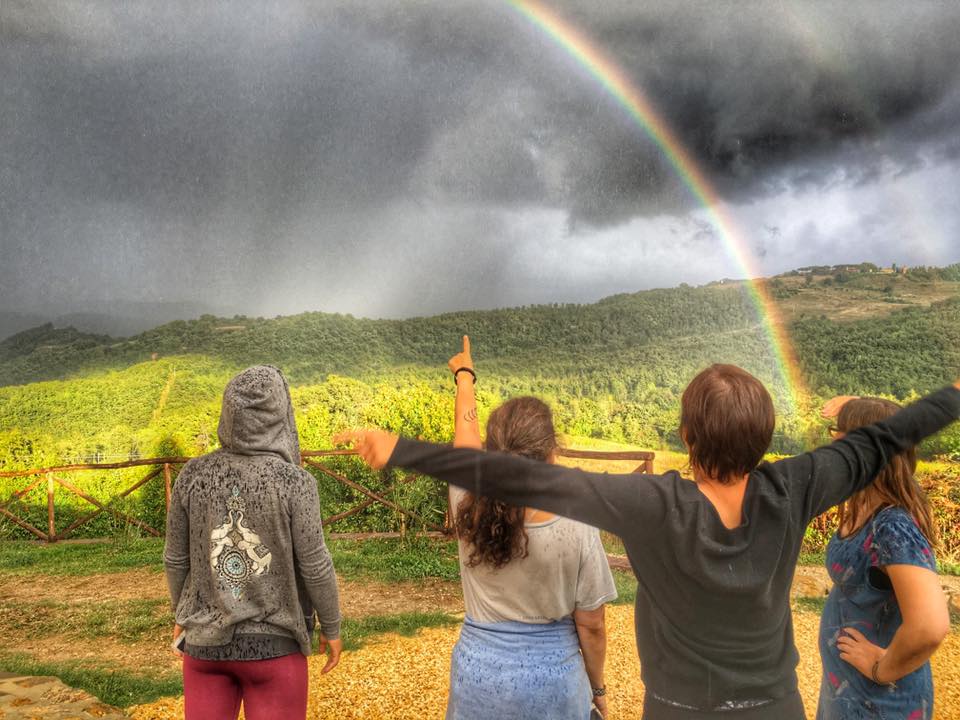
Join The Manifestation Retreat: Manifesting Under The Tuscan Sun. June 17-24 OR Sep 9-16, 2017. Email retreats@jenniferpastiloff.com or click the picture above.

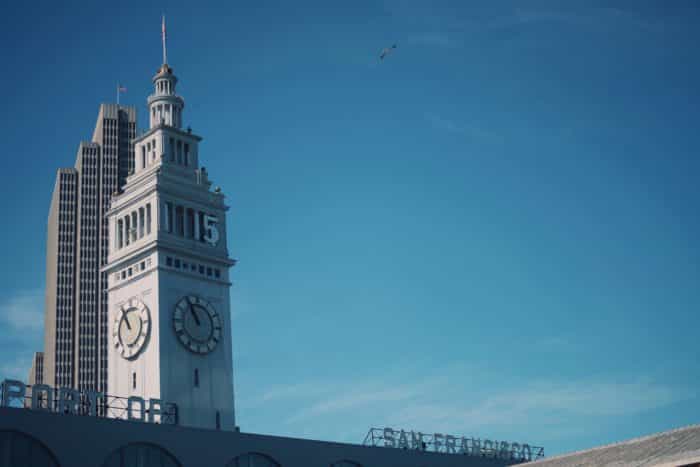
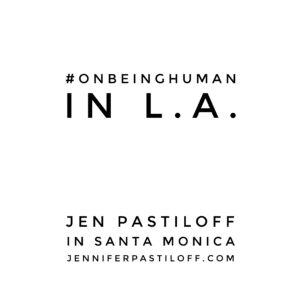
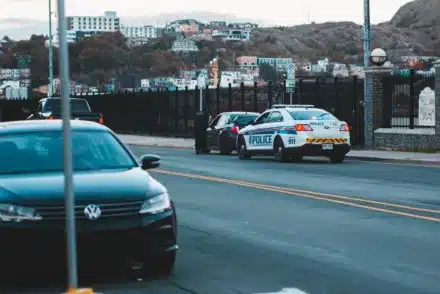

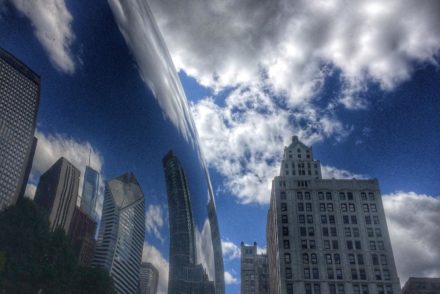
No Comments